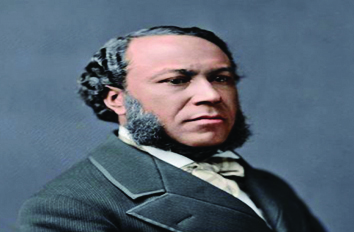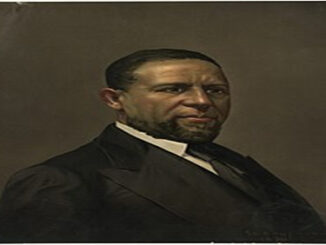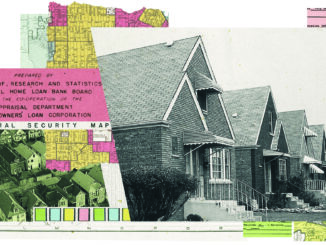
By Don Valentine
Congressman Rainey was seated in Congress December 12, 1870. A fact that is not taught in school curriculums is that he was the first Black speaker of the house. The Presidential Succession Act of 1792 mandates the first member in line to be President is the Speaker of the House.
In 1874, a marathon session on the Indian Affairs bill dragged on for several days. Smithsonian Magazine noted “On April 29 of that year, Rainey broke new ground. The entire House had gathered as a body to debate the Indian Affairs bill over several days The Speaker of the House invited a sequence of representatives to serve as speaker pro tempore. Luke Potter Poland, a Republican from Vermont, was presiding when he invited Rainey to take the chair.” As Speaker “pro tempore” he only served briefly. Nonetheless for those hours if I plot had killed President Grant and the VP we would have had the country’s first Black President. We elected the first Black President 144 years after the Civil war ended and it reverberated around the globe. Hypothetically 9 years after the Civil War we could have had a Black President. Smithsonian Magazine described the national chaos this idea raised, “Newspapers spread the word, with headlines such as “Africa in the Chair.” The Vermont Journal declared, “Surely the world moves, for who would have dreamed it, 20 years ago?” The Springfield Republican noted that just a generation earlier, “Men of Mr. Rainey’s race were sold under the hammer within bowshot of the capitol.” The New National Era noted the event with a jab at racist alarmism: “For the first time in the nation’s history a colored man, in the person of Hon. Joseph H. Rainey, of South Carolina, on Thursday last presided over the deliberations of the House of Representatives….The earth continues to revolve on its axis.”
This articulate, charisma-tic man was born a slave in South Carolina, on June 21, 1832. His father was a slave and a paid barber. Over time his father saved enough money to buy the family’s freedom. The future Congressman learned to be a barber, and before the Civil War, he opened —Rainey’s Hair Cutting Salon. At the start of the war he was able to escape to Bermuda and continue his business England had emancipated their slaves in 1834, and the shop attracted an upper class White patronage. This allowed him to receive tutoring from a highly educated customer. Blackpast.org notes that, “His personal journal shows a growing command of conventional spelling during this time.” He read the great works, from Plato to Shakespearean tragedies, that he would later quote on the House floor.
The Congressman was passionate about Civil Rights. He had the courage to make these comments to the White members, “Now, since he is no longer a slave, one would suppose him a leper, to hear the objections expressed against his equality before the law. Sir, this is the remnant of the old pro-slavery spirit, which must eventually give place to more humane and elevating ideas… Why this fear of with competition with a negro? All they ask for is an equal chance in life, equal advantages, and they will prove themselves to be worthy American citizens.” That fight would continue for 100 more years.






Be the first to comment